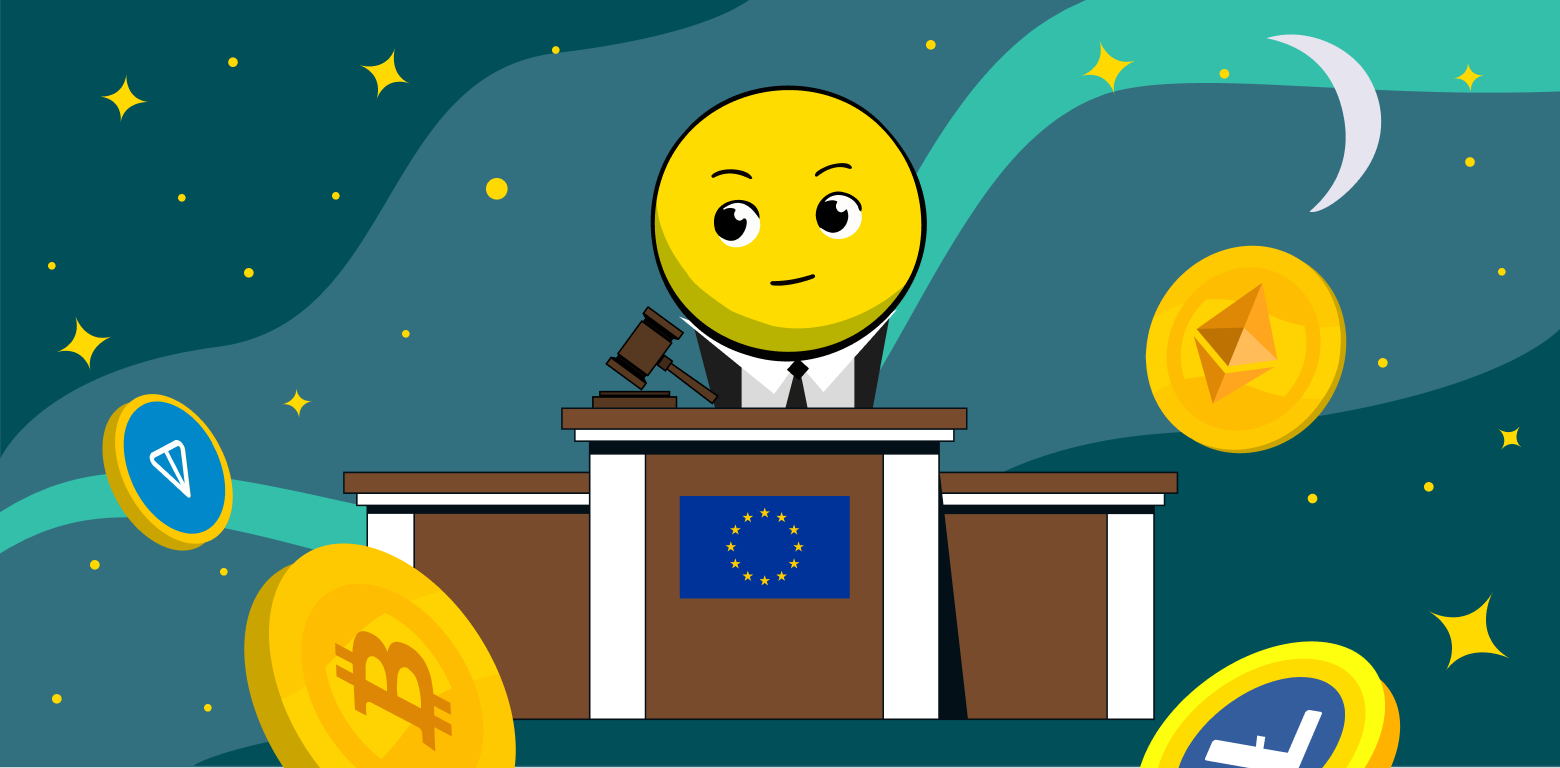
A court in the Southern District of New York ruled in favor of Ripple Labs, a blockchain company based in California, in a lawsuit against the Securities and Exchange Commission (SEC). Judge Analysa Torres concluded that the sales and distribution of XRP do not constitute the offer or implementation of investment contracts.
The regulator filed a lawsuit against the company in 2020, accusing it of distributing unregistered securities in the form of native platform tokens.
However, Ripple's victory was incomplete. According to the court decision, the purchase of coins worth more than $700 million by large players still violated US laws. Torres granted the SEC's motion to rule on the matter through summary proceedings.
Now, the head of the company, Brad Garlinghouse, and the chief executive, Chris Larsen, are waiting for a jury. He will decide whether top managers are responsible for the illegal sale of tokens to institutions.
The spread of XRP through exchanges and algorithms does not qualify as securities transactions, as the SEC cannot definitively determine that investors "reasonably expected to profit from the entrepreneurial or management efforts of others."
The judge noted that the so-called "software sales" account for less than 1% of global transactions involving the company's token since 2017.
However, if sales are made to large players, they could expect to profit from investing in the enterprise. In this case, XRP would fall under the definition of securities.
Representatives of the Commission wrote that the agency "will continue to review the decision," suggesting the possibility of an appeal.
Against the backdrop of the verdict, XRP quotes surged by 97%, rising from $0.47 to $0.93. At the time of writing, the asset is being traded at $0.79.

What Is Ripple?
Ripple is a blockchain project that was launched in 2012 and is based on the XRP Ledger network. Transfers and settlements within it are conducted using the native cryptocurrency — XRP.
The Ripple project aims to primarily serve financial institutions and provide an alternative to existing interbank transaction systems, such as SWIFT.
Ripple Labs, the originator of the project, denies any involvement in the release of XRP. Over the past few years, the company has been facing lawsuits from investors in the United States who accuse it of selling unregistered securities.
SEC vs Ripple Labs
A few years after starting their work, Ripple Labs began to distance itself from XRP. In July 2018, a message was published on the project website presenting the coin as an "independent" digital asset separate from Ripple. At the same time, the XRP distributed ledger community rebranded the logo and successfully changed the trading ticker from Ripple (XRP) to XRP (XRP) on cryptocurrency exchanges and services.
Thus, it tried to avoid prosecution for trading unregistered securities, as XRP coins could potentially fall under that definition.
Despite attempts by Ripple Labs' management to distance themselves from the crypto asset, by August 2018, the company was defending itself in court against four class actions from investors for trading unregistered shares.
Why Is This Case Important?
Firstly, this dispute reflects a lack of clarity in the legislation regarding the classification of cryptocurrency assets. A decision in this case could establish a precedent and impact future regulatory practices worldwide.
The Ripple and SEC dispute has been having a significant impact on the community and investors. The decision may impact the value and status of XRP, as well as result in a change in relation to other cryptocurrency assets. Whatever the outcome of the case, this will be a crucial moment for the industry and can impact trust and confidence in using and investing in cryptocurrencies.
It is also worth noting that the outcome of the dispute can contribute to increased clarity and stability in terms of the legal regulation of cryptocurrency assets. This may be a step forward in creating a clear framework that will regulate relations between cryptocurrency companies and regulators.
In general, the dispute between Ripple and the SEC is one of the most significant events in the cryptocurrency industry in recent years. It reflects the difficulties and challenges faced by cryptocurrency companies in their efforts to achieve clarity in legal status and regulation.
Conclusion
Importantly, Ripple's court battles with the SEC continue, and the court ruling represents only a partial victory for the company.
However, the result had a significant impact on the market performance of his token, bolstering his position as one of the top cryptocurrencies.
Future relisting of XRP on major exchanges is expected to enhance its liquidity and trading volume, potentially leading to an increase in its value and market capitalization.




